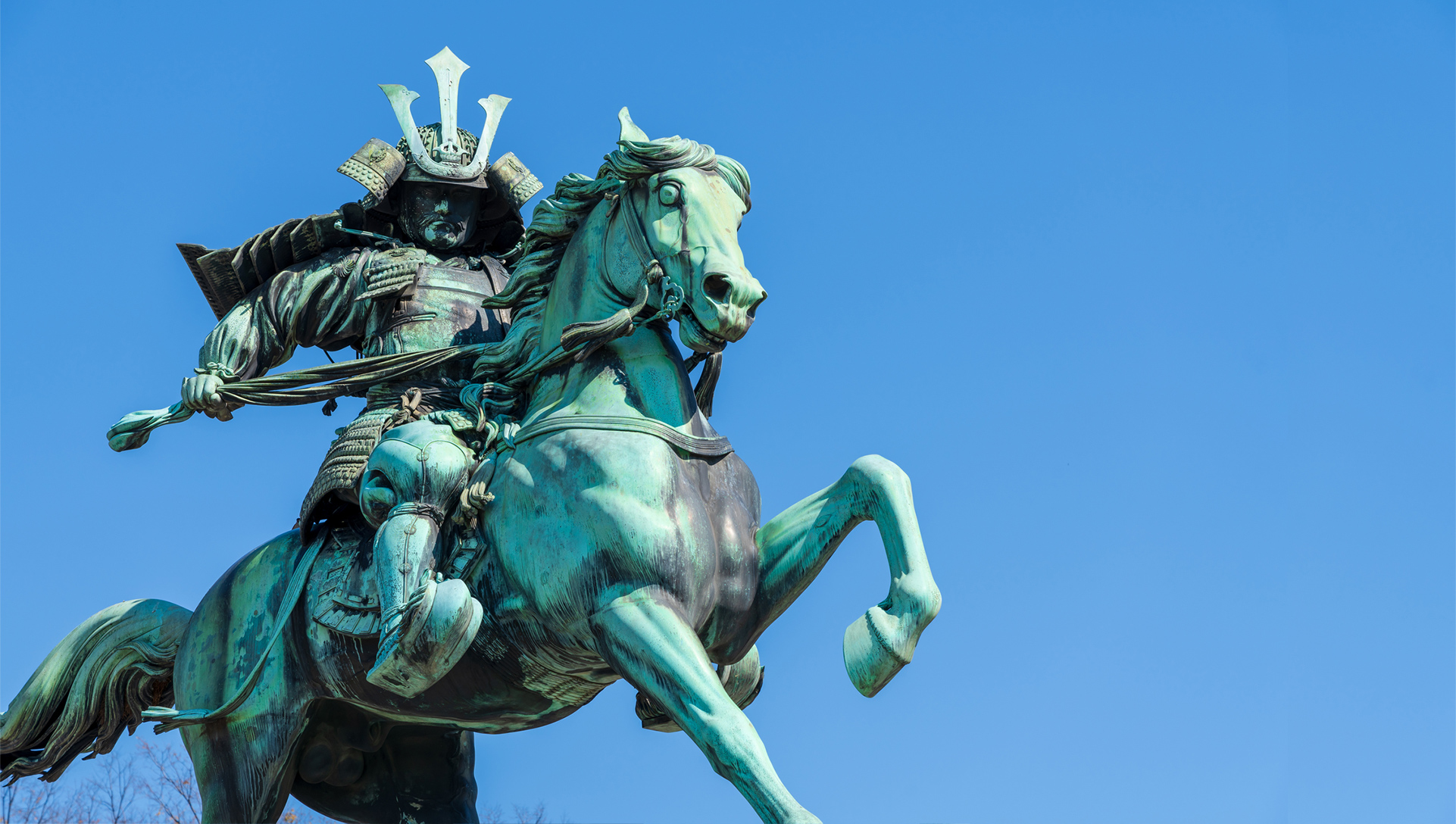Words used in the Warring States period may change and be expressed differently in the Edo period. The same is true when comparing the Edo period with the present day. Words and phrasing always change with the times.
The same is true for words related to sex. It seems that some sex-related words from the Edo period are still in use today, some have changed in meaning, and some are no longer used at all. This article explains the “sex words of the Edo period” in light of the modern language. Let us unravel the language of the Edo period together with its history.
Okaicho
Okaicho originally meant that on a specific day, temples would open the hidden Buddha images in their storage to the public and allow people to view and pray to them.
In particular, when Buddhist statues (especially the main statue) are lent to other temples for public display, it was called degaicho. In the Edo period, dekaicho was a big event, attracting many people.
However, “okaicho” came to mean a woman spreading her legs and exposing her private parts. In other terms, “okaicho” sometimes also refers to the female genitalia.

(by Banzaimon Wakamatsu, dated 1871), National Diet Library collection.
Usage Examples
- Drama “Ukiyo-buro” (lit. The Ukiyo Bath) by Shikitei Sanba, 10th year of Bunka era (Bunka 10)
The servants came to the bathhouse together. One of them slipped on the wet floor and fell on her back when she came out of the entrance of the bath.
The following is the conversation between the two servants.
Woman 1: “Oh, that was close. Oh, man, that must have hurt.”
Woman 2: “Oops, that was dangerous. Okaicho, nani mamidabutsu.”
This “okaicho” refers to the pubic area.
When she fell down, she opened her legs and the “okaicho” became visible. The person chanted Namu Amidabutsu, simulating the opening of the hidden Buddha statue from the storage.
It is a vulgar, but quite amusing scene.
- Drama “Daughter’s Gone” by Sanbunsha Jiraku (Tenpou 10)
This is a reunion of a man and a woman who were once in love but have not seen each other for a while due to circumstances.
The man immediately seeks out the woman’s body.
Woman “Oh, what do you want?”
Man “I am at your service. I’m going to Honzon-sama no okaicho.”
Woman “Oh, how dirty of you.”
Man “But you will undo the obi nonetheless, right?”
Woman “Of course, no matter what I will definitely like it.”
“Honzon-sama no okaicho” (lit. open up the Buddha statue) means to engage in sexual activity. Explicitly, it means to open one’s legs and expose one’s private parts.
- Kabuki play “Sannin Kichisan Kuro Hatsu Kai” (lit. Three Kichisaburōs Go Shopping at the New Year in the Pleasure Quarters) (by Kawatake Mokuami, first performed in Ansei 7)
The play is set in Yoshiwara.
A prostitute, Hanamaki, is angered by being teased by another prostitute, Hatsuseji, and rises to her feet. However, Hanamaki is knocked down by Hatsuzeji, and is forced to open her legs. This is the scene in which Kamuro, a young apprentice prostitute, chides her.
Hanamaki: “I’m not going to listen to you anymore.”
Hanamaki stands up, but Hatsuseji pokes her, causing her to fall over backwards onto her back. Kamuro saw this happening and commented
Apprentice Prostitute 1: “That’s the Okaichou.”
Apprentice Prostitute 2: “Nam-Myoho-Renge-Kyo (lit. Glory to the Dharma of the Lotus Sutra, a Buddhist scripture).”
And the apprentice prostitutes pray to the “mae” (lit. front) of Hanamaki.
“Mae” in this case means the pubic region. The apprentice prostitutes worshiped the “opening (Okaichou)” of Hanamaki’s spread crotch, as if they were looking at the hidden Buddha in the opening of the temple.
Only in Yoshiwara, even the apprenteice are amusing.
It is a witty and indecent scene that combines the original meaning of kaicho and the meaning of okaicho.
This article is presented to you by ![]()
If you want to know
more about Samurai If you’re interested in Samurais and Japanese history, then you’re in for a real treat with these period dramas! SAMURAI VS NINJA’s subscription service offers unlimited access to shows featuring Zatoichi, Miyamoto Musashi, and other cool samurais!In the early Heian period when the samurai appeared, their main job was to protect important people such as the imperial family. Enjoy period dramas on SAMURAI VS NINJA that will surely satisfy samurai, ninja, and geisha lovers.


